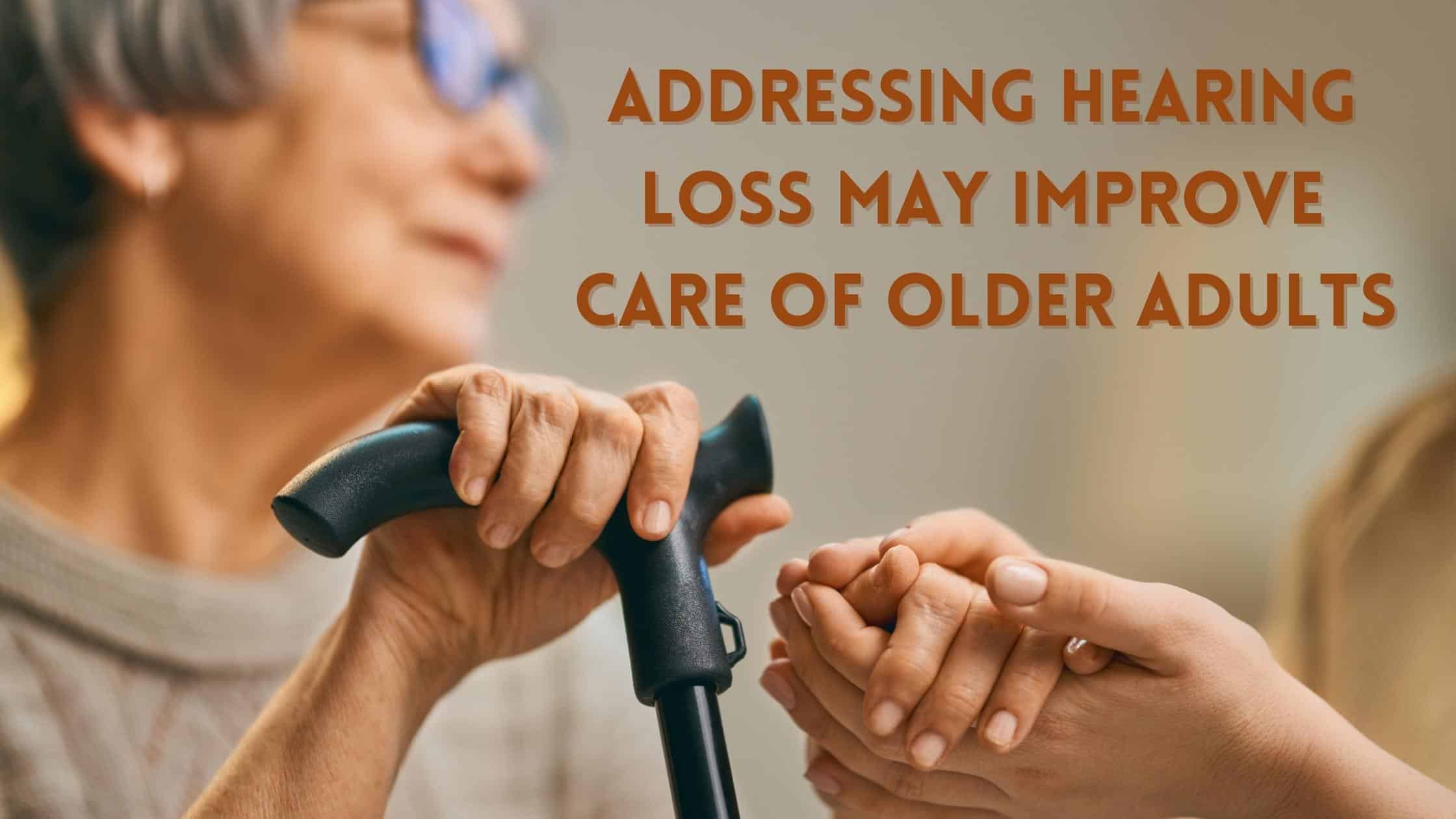Hearing loss is often thought of as an isolated health problem, but more and more we are finding that healthy hearing is a key component in our total wellness. One key example of this that is finally being better understood is how our ability to hear can impact our health outcomes. Studying hospital patients, new research is showing that older patients with untreated hearing loss are 32% more likely to be readmitted within a month after first receiving care. Let’s examine closer what is behind this statistic, and some ways that hearing health care and accommodations for hearing loss can be a key factor to our overall health.
Communication Is Key
A huge part in effectively recovering from a hospitalization is understanding aftercare and lifestyle recommendations. For this to be effective, communication is key. Currently, many hospitals are unequipped or failing to deliver aftercare instructions in ways that reach patients with hearing loss. Hearing loss can create a barrier to understanding verbal instructions that both patients and providers may be failing to recognize.
Many cases of hearing loss are undiagnosed, untreated and even unrecognized. In part, this is because most cases of hearing loss worsen gradually and seldom are marked by a total loss of hearing. Rather, hearing loss in most cases means that sounds become less distinct. Speech can be recognized, but becomes much harder to understand, often sounding muffled or mumbled. Often, in people with untreated hearing loss, this results in misinterpretation of incoming verbal communication, and can lead to mishearing or misunderstanding health instructions.
Increasing Comprehension
When it comes to critical communication, like aftercare for a hospitalization, it is essential to ensure that the patient has a clear understanding of what is being recommended. While hospitals provide patients with written aftercare instructions, this is proving to not be enough, especially if a patient mishears verbal instructions without realizing their mistake.
Hearing loss affects about one in every six adults nationwide, and risk of hearing loss increases greatly in older populations. At the same time, hearing loss is one of the most undertreated chronic health conditions. Only around 25% of people who could benefit from hearing loss treatment choose to treat their hearing loss, meaning there are millions of Americans today living with significant and unaddressed hearing challenges.
Because so many cases of hearing loss are unaddressed and unacknowledged, it is important that healthcare providers need to deliver aftercare instructions with untreated hearing loss taken into account, whether or not it is known to be a present health issue. When an overview of aftercare is given, it is becoming evident that this needs to take the form of a conversation. Patients need to be asked to explain their care protocol back to the healthcare provider, to make sure they have an accurate and full comprehension of their healthcare.
Increasing Access To Hearing Health
Making healthy hearing more widely accessible is another way to better health outcomes for those with hearing loss. Recognizing and being proactive around hearing issues is the first step to self-empowerment for those with hearing loss. A noticeable change in the way you hear or frequent difficulties understanding speech or detecting sound needs to be recognized and handled as an important health issue. Changes or issues in the way you hear should be examined in a timely manner by an audiologist or hearing specialist.
When hearing testing indicates hearing loss is present, treatment must be undertaken. Most hearing loss is permanent -the full range of hearing can never be restored. Modern hearing loss treatment is incredibly effective, however, increasing comprehension by amplifying sound that would otherwise be missed, giving the person with hearing loss a wider range of hearing than they would have unassisted.
Untreated hearing loss is linked to distinct risks to health outcomes, cognitive stress, and quality of life. By detecting and treating hearing loss these risks to overall wellness are mitigated and the earlier hearing loss is treated, the less likely hearing loss is to impact other areas of health. By adapting the way we communicate to accommodate hearing loss and by broadening access to treatment, healthy hearing and better health outcomes can become much more possible.
If you are ready to experience the life-changing benefits of hearing loss treatment, we’re here to help! Contact us today to schedule a hearing test and consultation.

